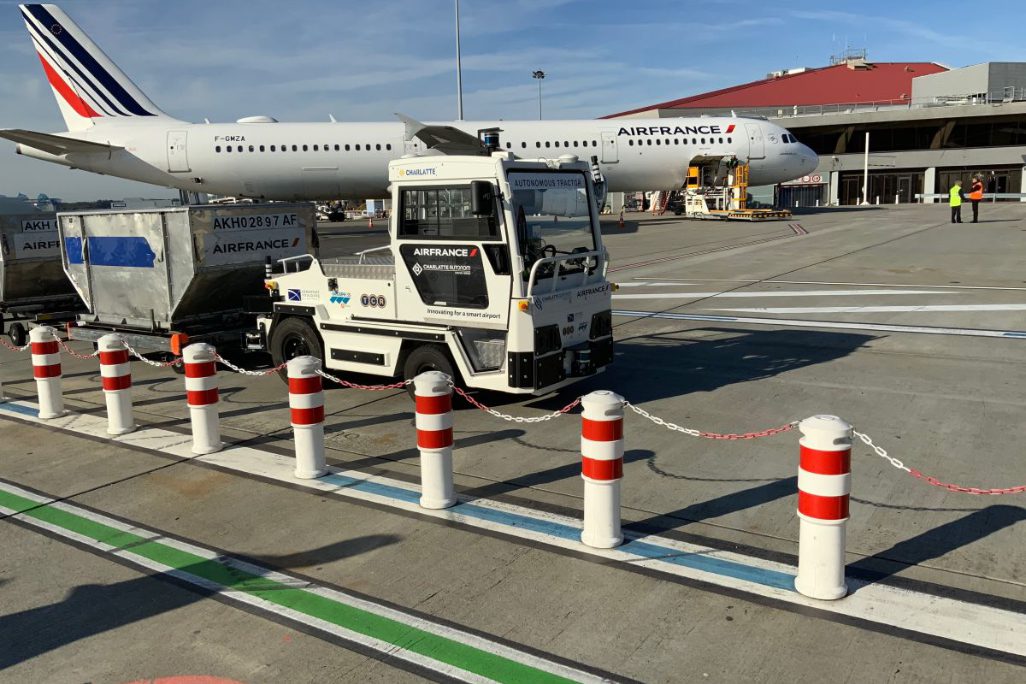Paragon Buys a Bag Tag Maker in a Bid to Digitize Airline Luggage Tracking

Skift Take
While not glamorous, the digitization of bag tagging could help airlines lose fewer pieces of luggage. Paragon, a public tech company, aims to scale up Security Label's business with customers like Air France.
Security Label, one of the largest makers of the barcoded bag tags airlines put on baggage, has been acquired by Paragon ID, a public company in France that provides contactless identification solutions, the companies said on Monday.
The businesses didn't disclose the valuation of the deal. Paragon ID is acquiring 93 percent of the capital of the bag tech vendor. The balance of equity is held by Security Label CEO Montassar Ben Hmida. Paragon financed the acquisition with cash and credit.
Security Label is a company based near Hanover, Germany, that designs and makes baggage tags with RFID (radio frequency identification) baggage labeling tags. It works with more than 400 airlines and estimates that its market share in Europe, the Middle East, and Af

